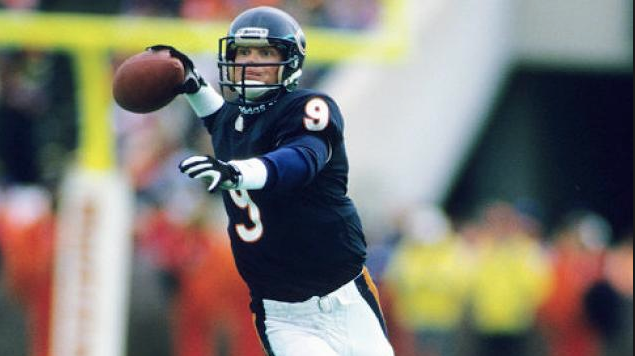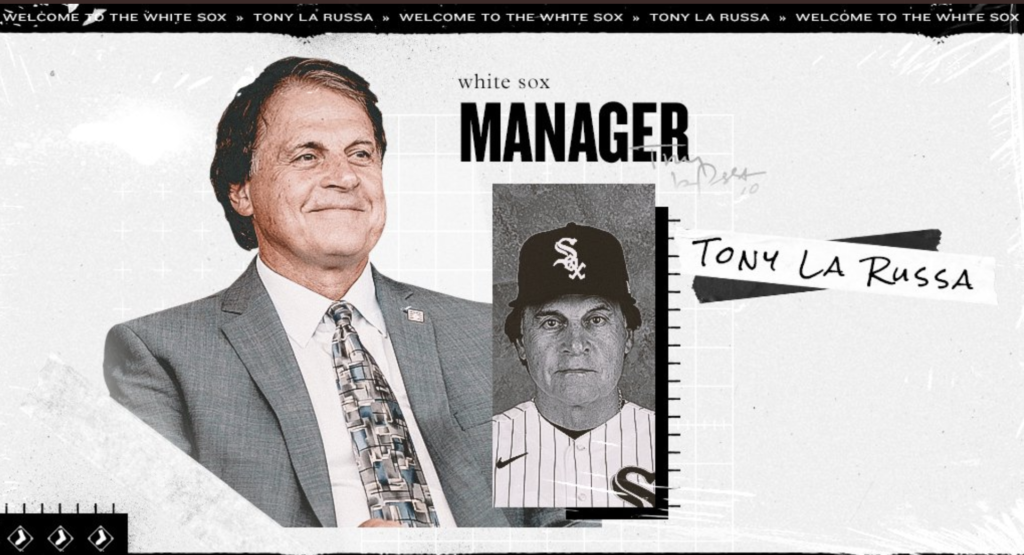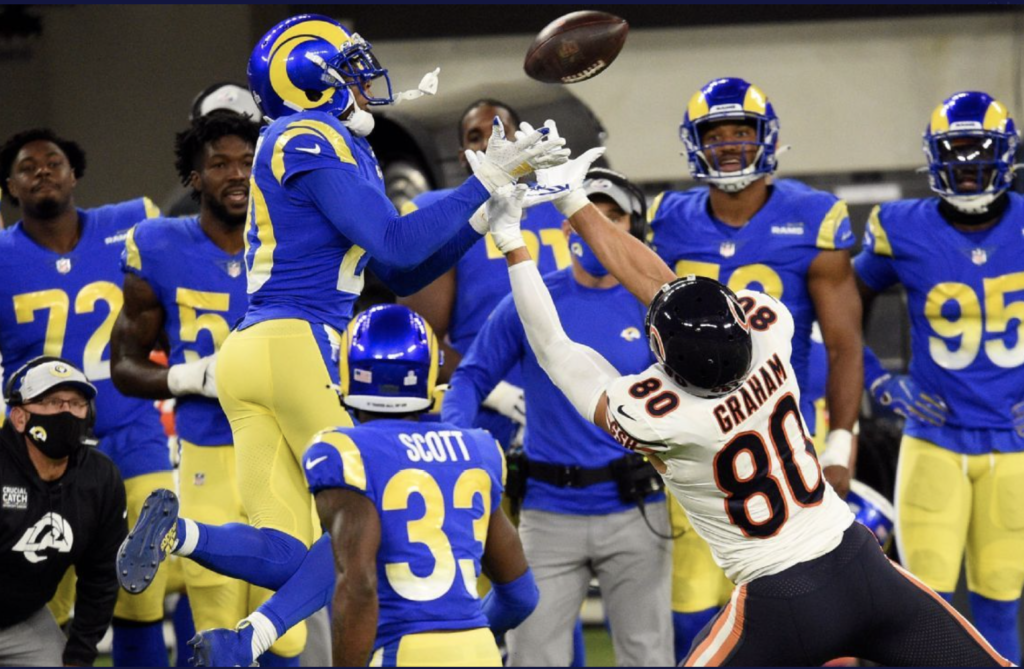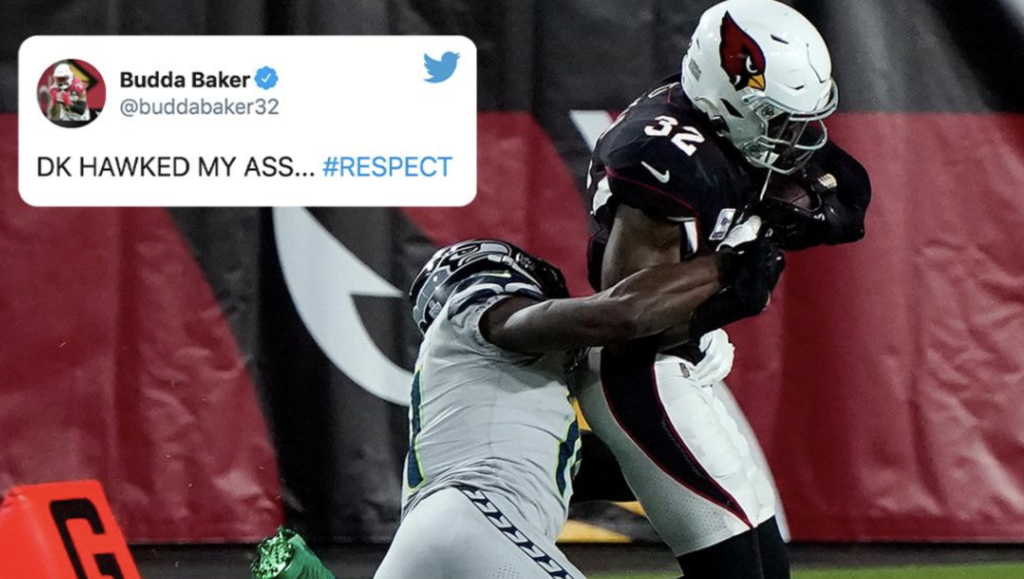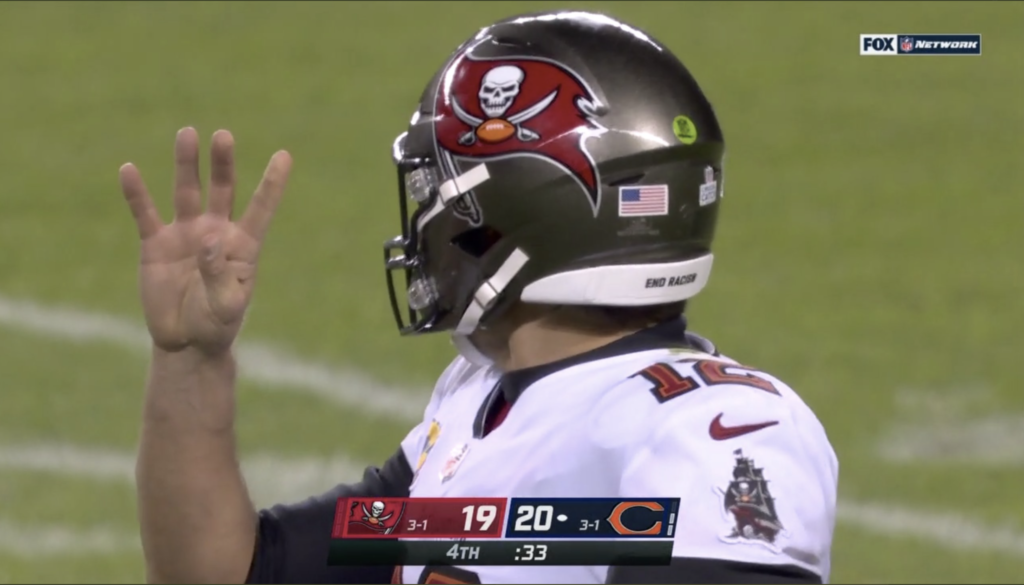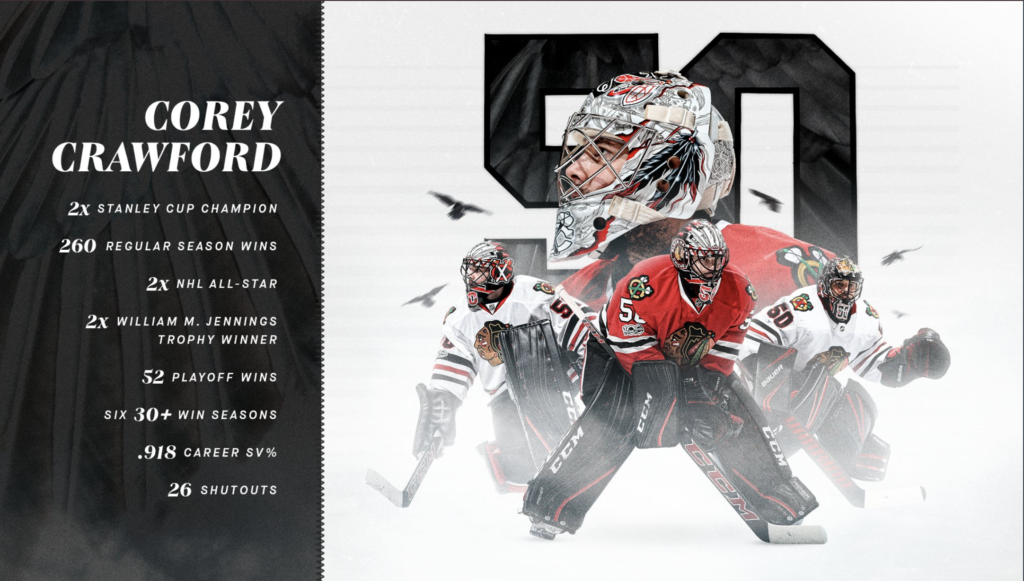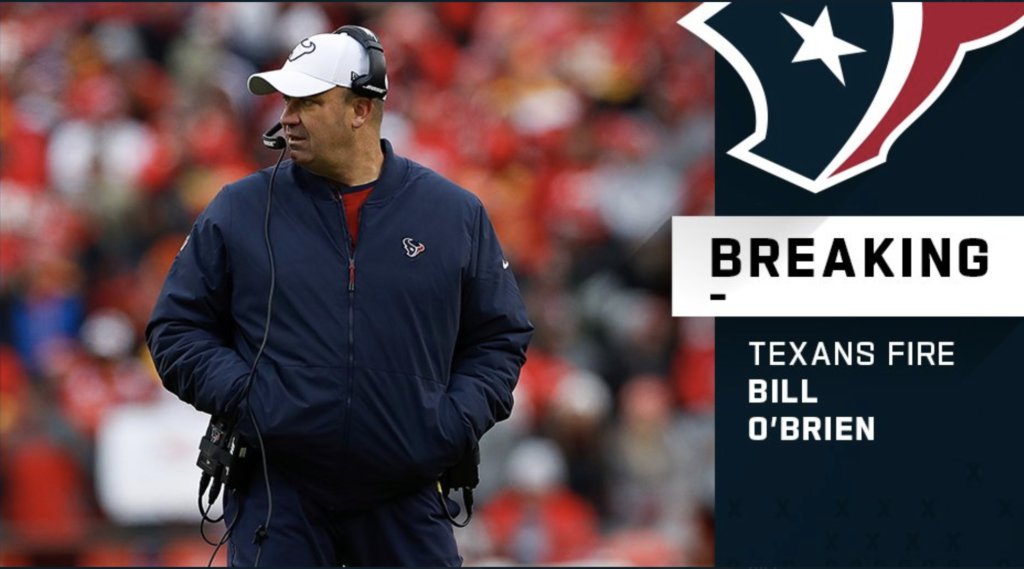Ex NFL Players Sue Over Pain Meds
20 May, 2014
Opening another legal attack on the NFL over the long-term health of its athletes, a group of retired players accused the league in a lawsuit Tuesday of cynically supplying them with powerful painkillers and other drugs that kept them in the game but led to serious complications later in life.
The lawsuit, which seeks unspecified damages on behalf of more than 500 ex-athletes, charges the NFL with putting profits ahead of players’ health.
To speed injured athletes’ return to the field, team doctors and trainers dispensed drugs illegally, without obtaining prescriptions or warning of the possible side effects, the plaintiffs contend.
Some football players said they were never told they had broken bones and were instead fed pills to mask the pain. One said that instead of surgery, he was given anti-inflammatory drugs and excused from practices so he could play in games. Others said that after years of free pills from the NFL, they retired addicted to painkillers.
NFL Commissioner Roger Goodell, in Atlanta for the league’s spring meetings, said, “Our attorneys have not seen the lawsuit and obviously I have been in meetings all day.”
The new lawsuit was filed in federal court in San Francisco and names eight players as plaintiffs, including three members of the NFL champion 1985 Chicago Bears: quarterback Jim McMahon, Hall of Fame defensive end Richard Dent and offensive lineman Keith Van Horne.
More than 500 other former players have signed on, according to lawyers, who are seeking class-action status for the case. Six of the plaintiffs also took part in the concussion-related litigation, including McMahon and Van Horne.
“The NFL knew of the debilitating effects of these drugs on all of its players and callously ignored the players’ long-term health in its obsession to return them to play,” said Steven Silverman, an attorney for the players.
As a result of masking their pain with drugs, players developed heart, lung and nerve ailments; kidney failure; and chronic injuries to muscles, bones and ligaments, the lawsuit alleges.
According to the lawsuit, players were routinely given drugs that included narcotic painkillers Percodan, Percocet and Vicodin, anti-inflammatories such as Toradol, and sleep aids such as Ambien.
Toradol, which can be injected, was described as “the current game-day drug of choice of the NFL.” The medication may raise the risk of heart attack, stroke, kidney failure or intestinal bleeding.
After receiving numbing injections and pills before kickoff, players got more drugs and sleep aids after games, “to be washed down by beer,” the lawsuit says.
McMahon said he suffered a broken neck and ankle during his career, but instead of sitting out, he received medication and was pushed back onto the field. Team doctors and trainers never told him about the injuries, according to the lawsuit.
McMahon also became addicted to painkillers, at one point taking more than 100 Percocet pills per month, even in the offseason, the lawsuit says.
Van Horne played an entire season on a broken leg and wasn’t told about the injury for five years, “during which time he was fed a constant diet of pills to deal with the pain,” according to the lawsuit.
Former offensive lineman Jeremy Newberry retired in 2009 and said that because of the drugs he took while playing, he suffers from kidney failure, high blood pressure and violent headaches.
On game days, Newberry said, he and up to 25 of his San Francisco 49ers teammates would retreat to the locker room to receive Toradol injections in the buttocks 10 minutes before kickoff. The drug numbed the pain almost instantaneously.
After he retired, Newberry said, he saw a specialist who reviewed his medical records and found that for years, the protein levels in his urine had been elevated, a precursor to kidney problems. Newberry said he got blood work during a team-sponsored physical every year but was never told about any problems.
AP
Mentioned In This Post:

